News 2023
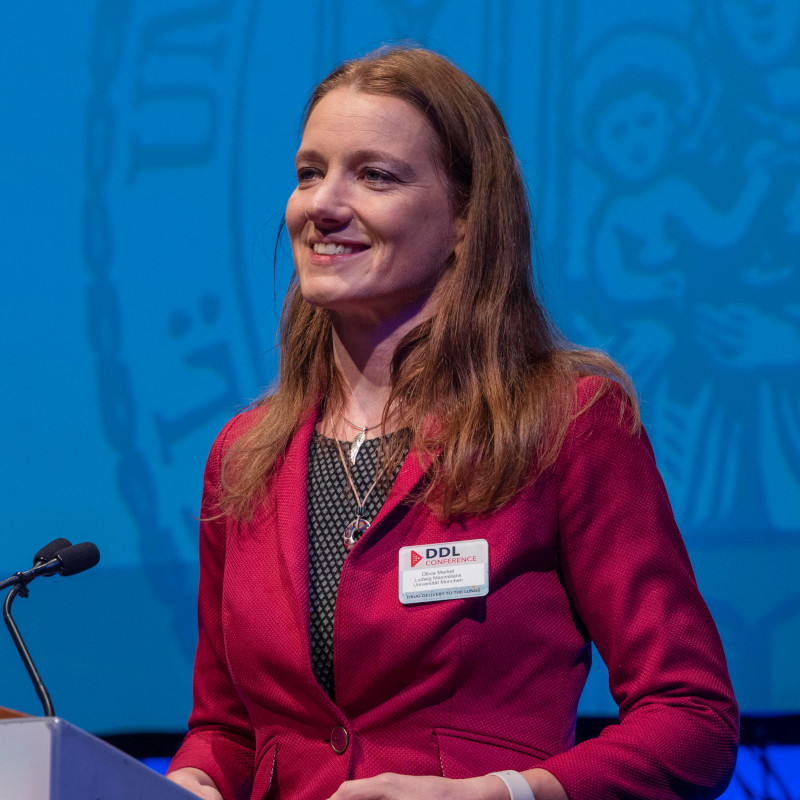
On December 8, 2023, Olivia Merkel received the DDL Emerging Scientist Award.

The latest analysis of publications places seventeen LMU scientists and academics among the most successful in their chosen field.
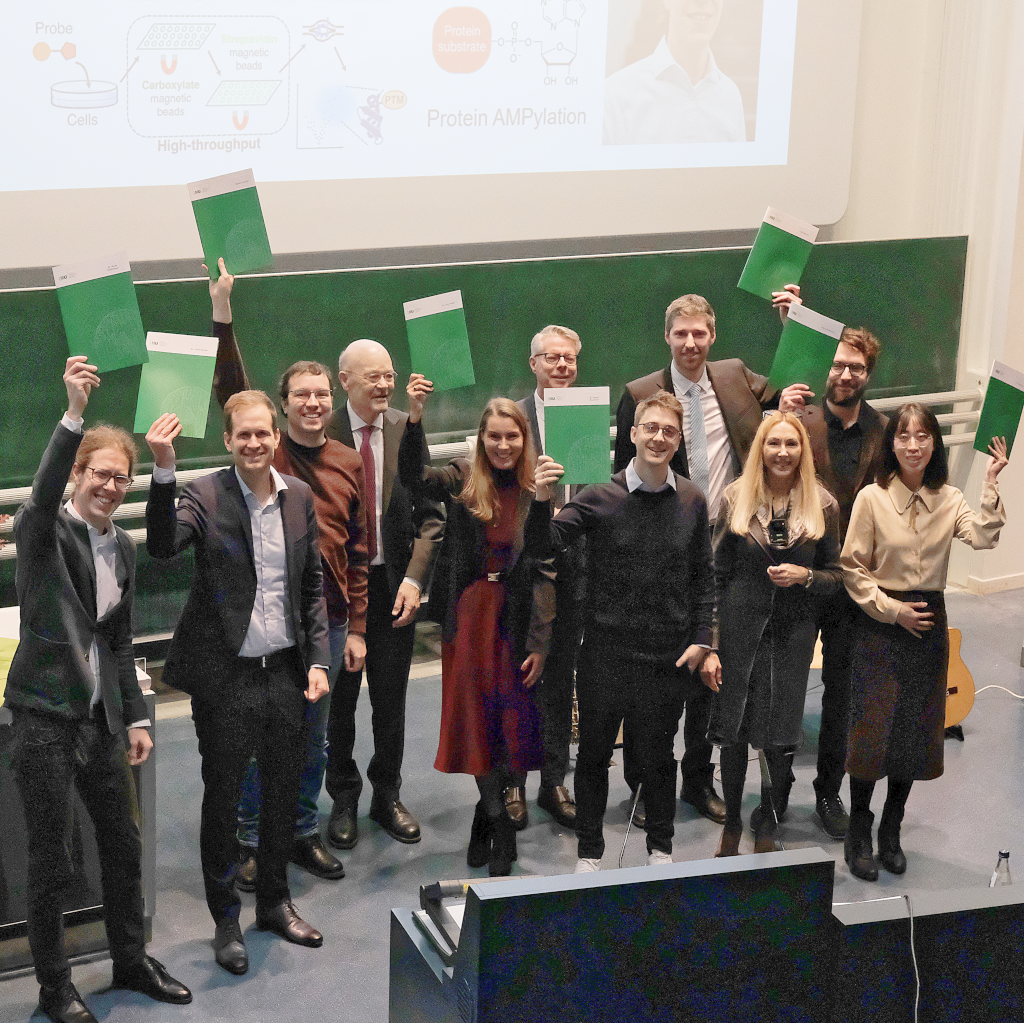
Ceremonial awarding of the 2023 Römer Prizes on Friday, December 1, 2023
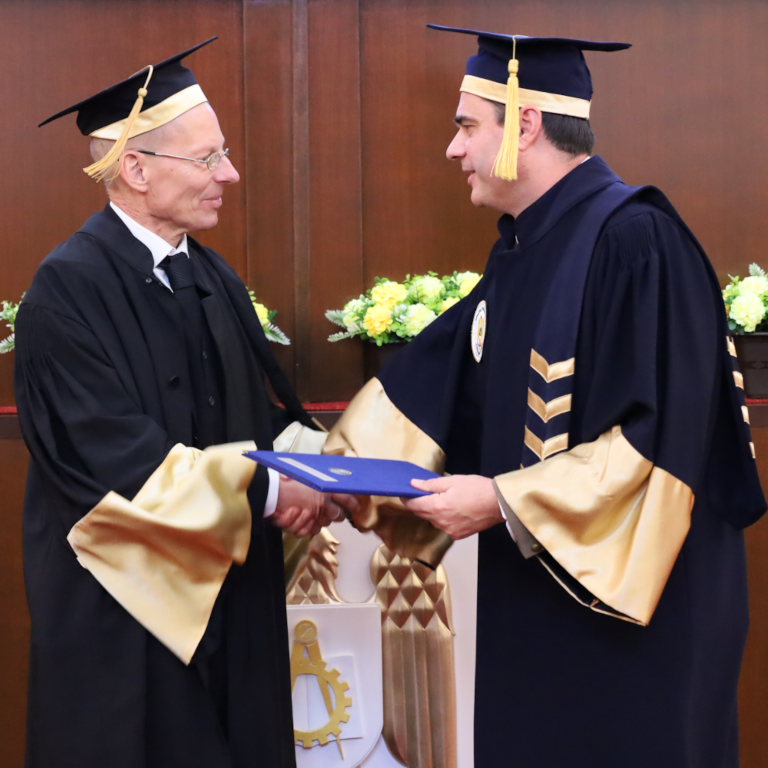
Prof. Dr. Thomas Klapötke was awarded a honorary doctorate by the Military Technical Academy "Ferdinand I" Bucharest.
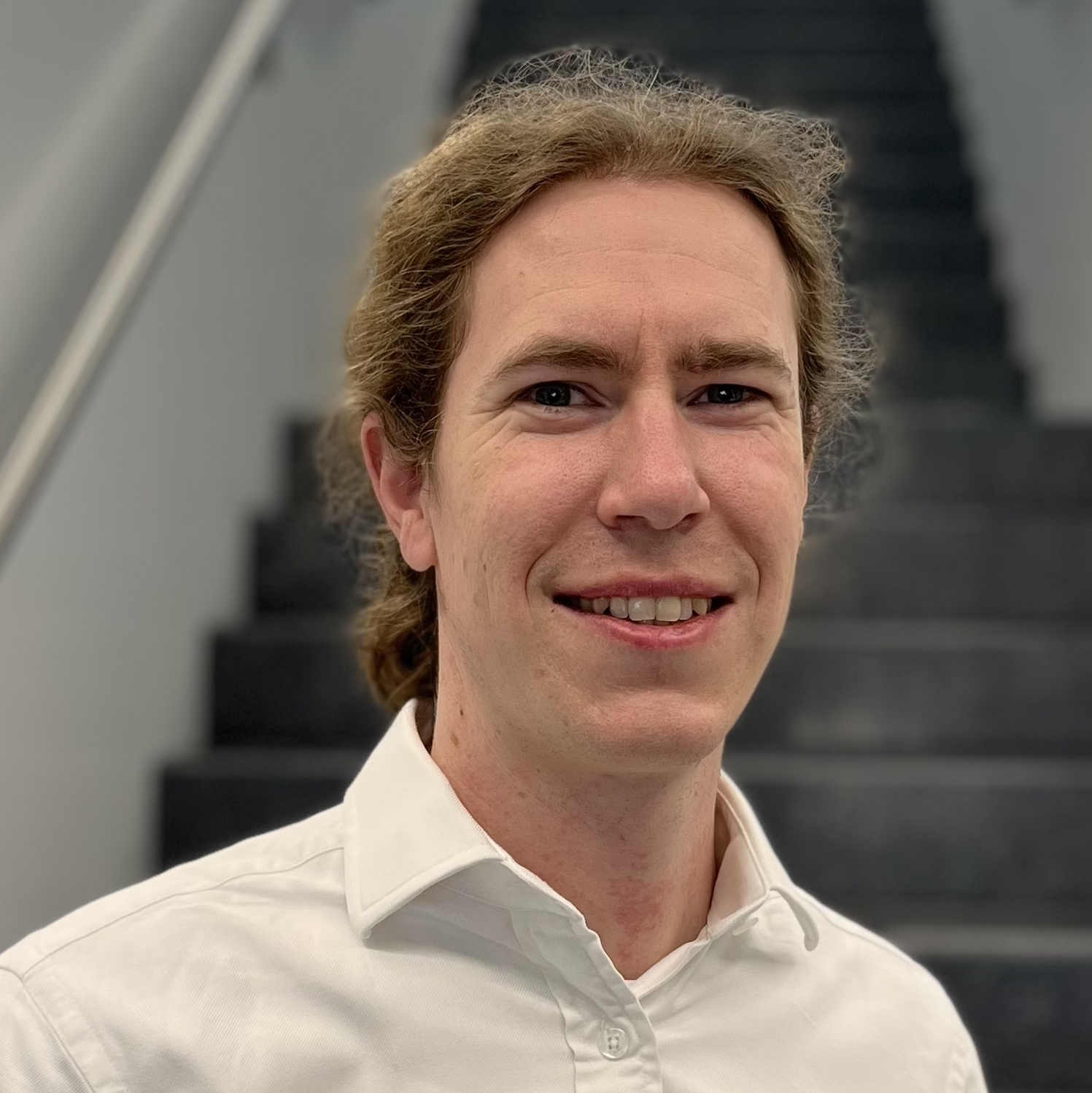
Organic chemist Pavel Kielkowski, Junior group leader at LMU’s Institute of Chemical Epigenetics - Munich, has received funding by the prestigious Plus 3 Perspectives Programme of the Boehringer Ingelheim Foundation.

The European Research Council supports innovative projects through Consolidator Grants.
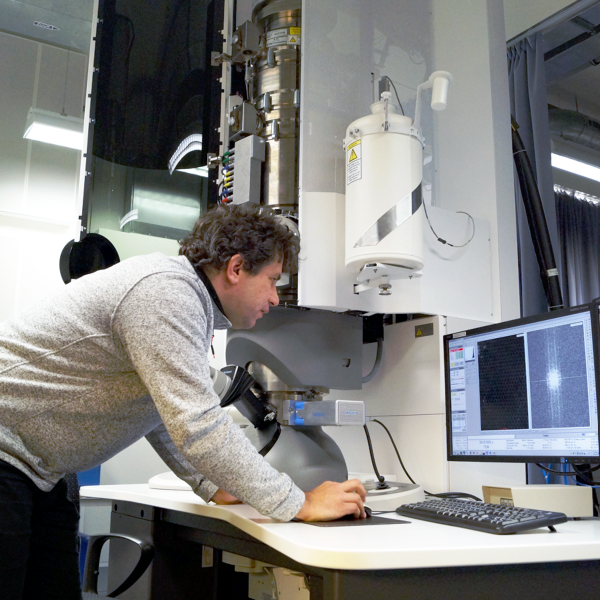
The funded project will develop approaches for the structural analysis of very small proteins.
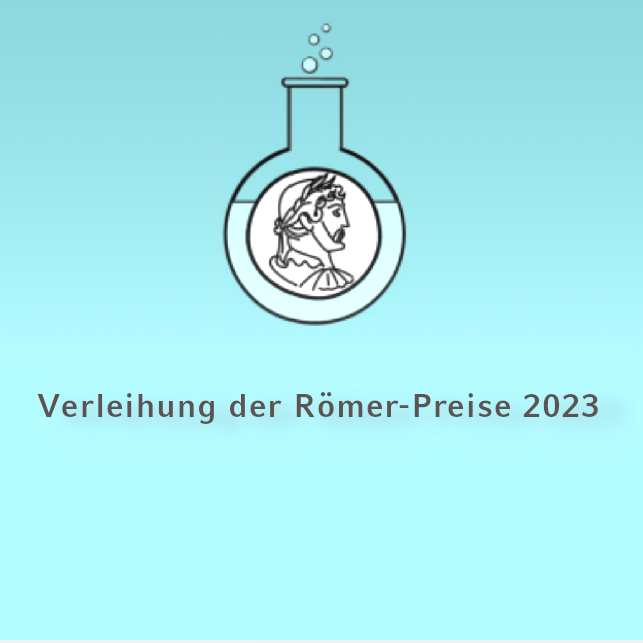
Ceremonial awarding of the 2023 Römer Prizes on Friday, December 1, 2023
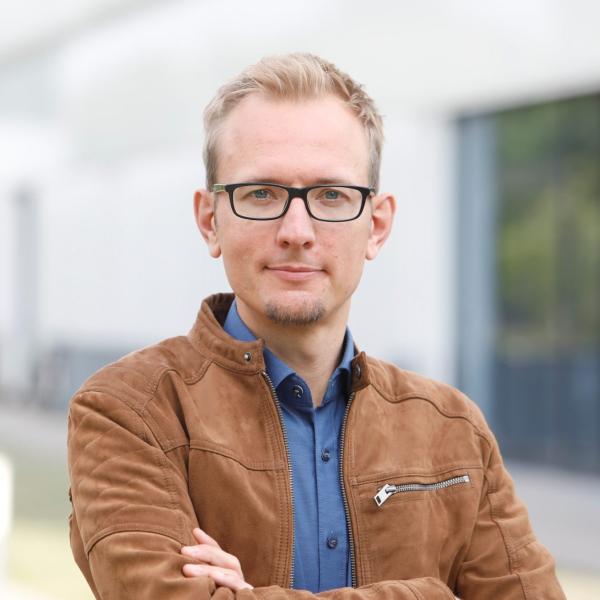
Biochemist Lucas Jae, Professor of Functional Genomics at LMU’s Gene Center Munich, has been awarded a prestigious scholarship by the Vallee Foundation.
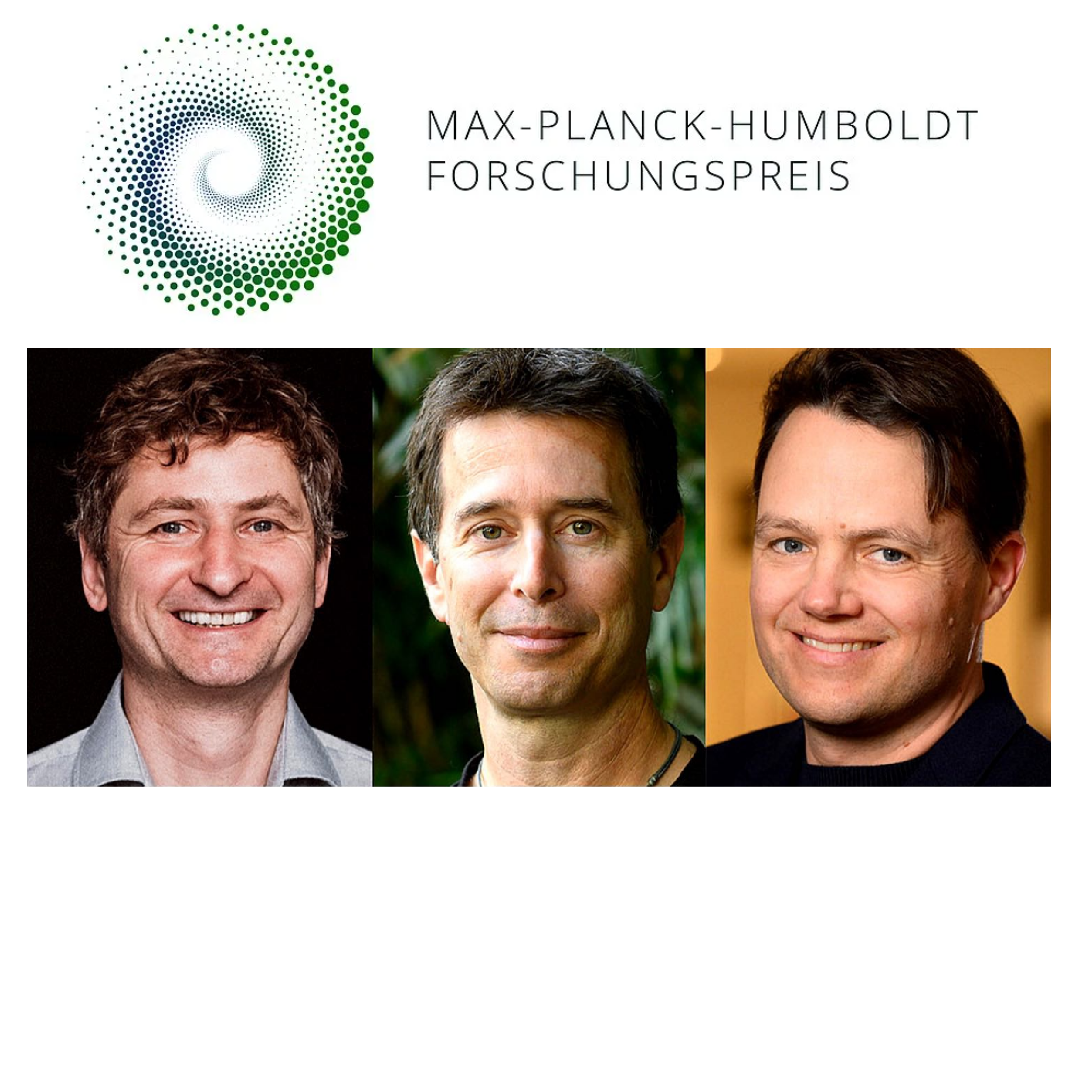
Microbiologist Rotem Sorek has received the Max Planck-Humboldt Research Award, worth 1.5 million euros, for a joint project with LMU’s Gene Center Munich and the HIRI institute in Würzburg.
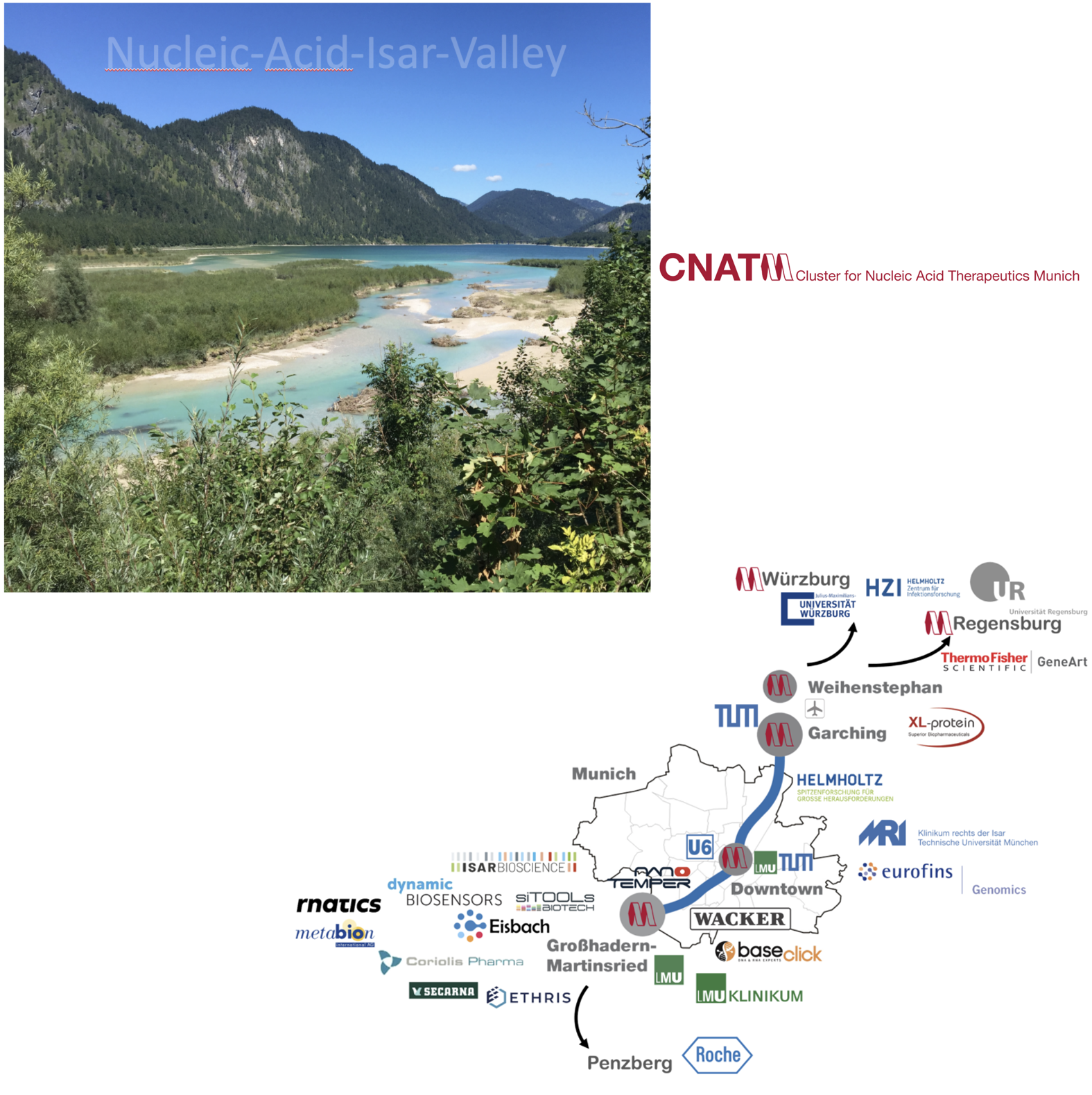
The website of our Clusters4Future Cluster for Nucleic Acid Therapeutics Munich - CNATM with headquarters at our Faculty of Chemistry and Pharmacy is now online:
www.cnatm.de
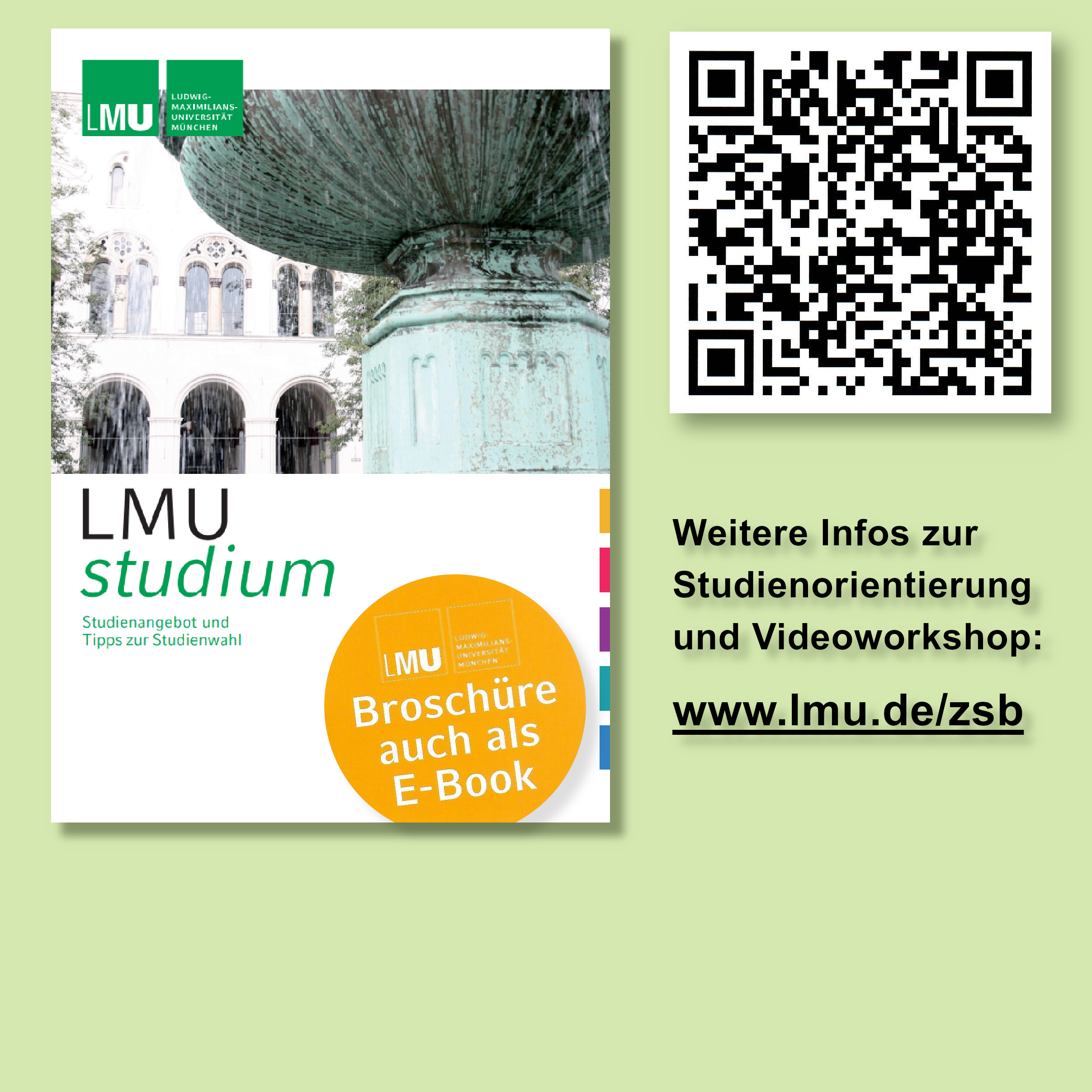
LMU offers an enormous range of fields of study. We help you with the decision-making process.
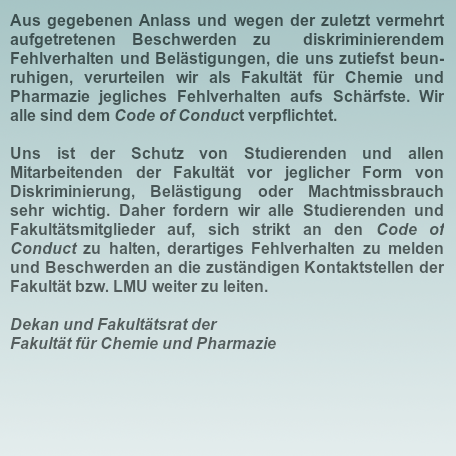
A team led by LMU researcher Marion Subklewe is modifying this novel form of therapy so that it can also be used on tumors that have been untreatable before now.
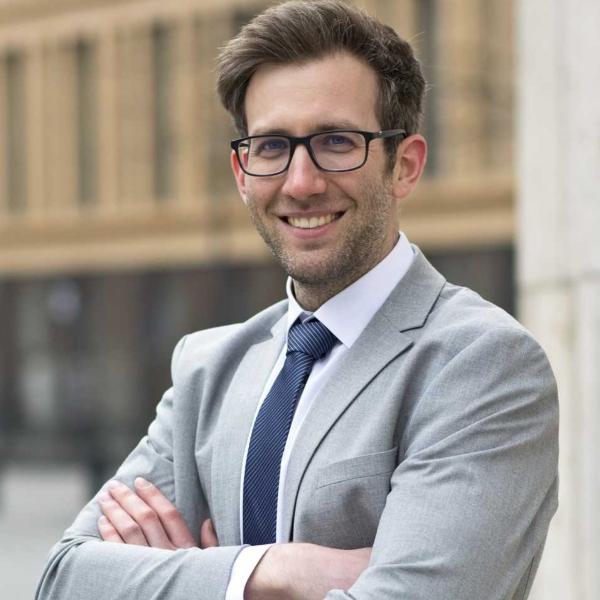
Chemist Simon Kloß has been awarded DFG research grants through the Emmy Noether and Heisenberg programs.
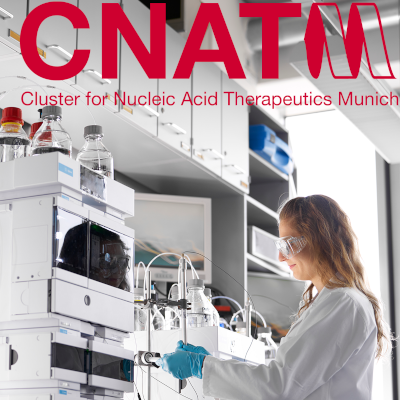
On May 1, the Cluster for Nucleic Acid Therapeutics Munich (CNATM) started its work.

A team led by LMU chemist Lena Daumann has demonstrated for the first time that bacteria can use certain radioactive elements to sustain their metabolism.
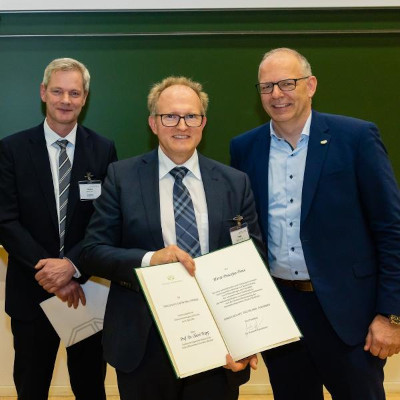
Oliver Trapp, Professor of Organic Chemistry at LMU since 2016, has been awarded the Horst Pracejus Prize of the German Chemical Society (GDCh).

As part of a comparative international study, researchers have successfully tested and validated a method of investigating dynamic protein structures.

LMU chemists use high-precision quantum chemistry to study key elements of super-efficient energy transfer in an important element of photosynthesis.

Recent LMU appointment Silvija Markic is an educationalist who researches linguistic heterogeneity and cultural diversity in chemistry class.
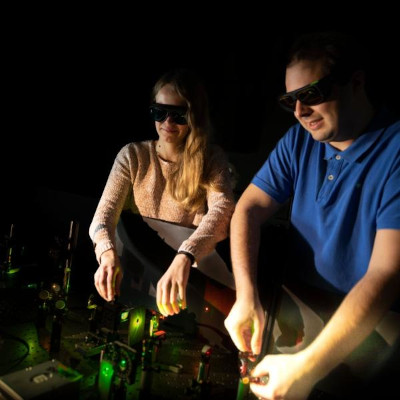
LMU researchers have developed a super-resolution microscopy method for the rapid differentiation of molecular structures in 3D.
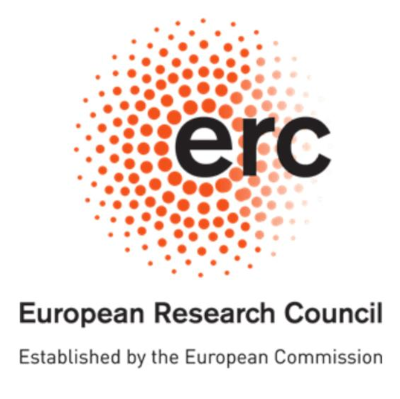
The European Research Council has awarded two Consolidator Grants to LMU researchers. A projects from the field of pharmacy receives funding.
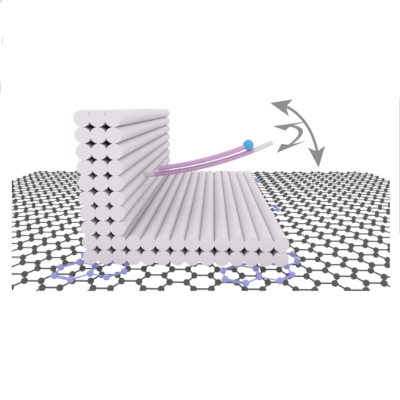
Activities in our daily life are mainly limited by the turnover rate of our biomolecular machines. After an extensive sports session, we need to regenerate our energy. In the process, enzymes in our cells replenish our stores of molecules such as ATP, and ion pumps transport potassium and sodium ions back into our muscle cells. To do this, these biomolecular machines often change their conformation. Although the reaction pathway of many biomolecular machines is known, it is very difficult to study the rate of change between two conformational states. Yet quantifying dynamic processes is essential to understanding many biological processes.
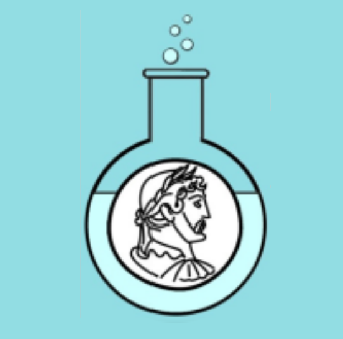
For the 17th time, the Römer Prizes for outstanding achievements in biochemistry and chemistry were awarded in December 2022.